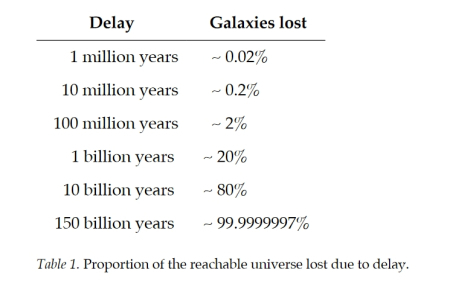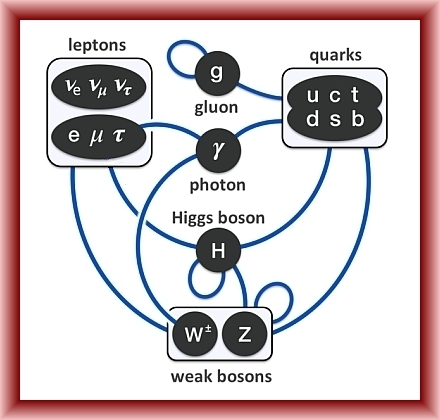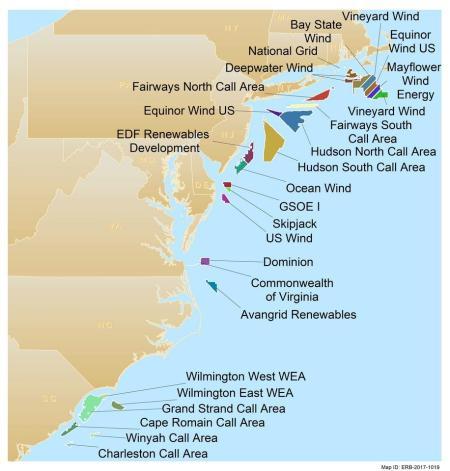John C. Baez's Blog, page 32
April 22, 2021
Dufay’s Isorhythmic Motets
I’ve been reading about Renaissance music. People sometimes say that it began in the early 1400s when musicians rebelled against the dry, complicated mathematical structures of late medieval music and switched to a more emotionally expressive style. For example, the New Oxford History of Music writes:
The isorhythmic motet, the highest achievement of medieval rationalism, reached its climax during Dufay’s prentice years (c. 1410-20), with works in which the quasi-mathematical construction ...
April 20, 2021
Compositional Robotics
A bunch of us are organizing a workshop on applications of category theory to robotics, as part of the IEEE International Conference on Robotics and Automation:
• 2021 Workshop on Compositional Robotics: Mathematics and Tools, online, 31 May 2021. Organized by Andrea Censi, Gioele Zardini, Jonathan Lorand, David Spivak, Brendan Fong, Nina Otter, Paolo Perrone, John Baez, Dylan Shell, Jason Kane, Alexandra Nilles, Andew Spielberg, and Emilio Frazzoli.
Submit your papers here by 21 May 2021!
He...
April 16, 2021
Applied Category Theory 2021 — Call for Papers
The deadline for submitting papers is coming up soon: May 10th.
• Fourth Annual International Conference on Applied Category Theory (ACT 2021), July 12–16, 2021, online and at the Computer Laboratory of the University of Cambridge.
Plans to run ACT 2021 as one of the first physical conferences post-lockdown are progressing well. Consider going to Cambridge! Financial support is available for students and junior researchers.
Applied category theory is a topic of interest for a growing communi...
April 14, 2021
Black Dwarf Supernovae
“Black dwarf supernovae”. They sound quite dramatic! And indeed, they may be the last really exciting events in the Universe.
It’s too early to be sure. There could be plenty of things about astrophysics we don’t understand yet—and intelligent life may throw up surprises even in the very far future. But there’s a nice scenario here:
• M. E. Caplan, Black dwarf supernova in the far future, Monthly Notices of the Royal Astronomical Society 497 (2020), 4357–4362.
First, let me set the stage. Wh...
April 8, 2021
The Expansion of the Universe

We can wait a while to explore the Universe, but we shouldn’t wait too long. If the Universe continues its accelerating expansion as predicted by the usual model of cosmology, eventually all galaxies outside our Local Group will become completely inaccessible, in principle by any form of transportation not faster than light!
The table here is from this paper:
• Toby Ord, The edges of our Universe.
150 billion years sounds like a long time, but the smallest stars powered by fusion—the red dwarf...
April 3, 2021
The Koide Formula
There are three charged leptons: the electron, the muon and the tau. Let  and
and  be their masses. Then the Koide formula says
be their masses. Then the Koide formula says

There’s no known reason for this formula to be true! But if you plug in the experimentally measured values of the electron, muon and tau masses, it’s accurate within the current experimental error bars:

Is this significant or just a coincidence? Will it fall apart when we measure the masses more accurately? Nobody knows.
Here’s something fun, though:
Puzzle. Sho...
April 2, 2021
Vincenzo Galilei

I’ve been reading about early music. I ran into Vicenzo Galilei, an Italian lute player, composer, and music theorist who lived during the late Renaissance and helped start the Baroque era. Of course anyone interested in physics will know Galileo Galilei. And it turns out Vicenzo was Galileo’s dad!
The really interesting part is that Vincenzo did a lot of experiments—and he got Galileo interested in the experimental method!
Vicenzo started out as a lutenist, but in 1563 he met Gioseffo Zar...
March 31, 2021
Can We Understand the Standard Model Using Octonions?

I’m giving two talks in Latham Boyle and Kirill Krasnov’s Perimeter Institute workshop Octonions and the Standard Model. You can see the slides for both here, and later you’ll be able to see videos too. You can register to attend the talks at the workshop’s website.
The first talk will be on Monday April 5th at noon Eastern Time:
• Can we understand the Standard Model?
Abstract. 40 years trying to go beyond the Standard Model hasn’t yet led to any clear success. As an alternative, we co...
March 29, 2021
Offshore Wind Power in the US
More good news about wind power! Earlier this month I mentioned progress on Vineyard Wind, a planned offshore wind farm that should generate 800 megawatts when it’s finally running. Now the Biden adminstration has begun a broader initiative. They want to get sixteen construction plans for offshore wind worked out by 2025, for 19 gigawatts of wind power. And their bigger goal is 30 gigawatts of wind power by 2030.
• Juliet Eilperin and Brady Dennis, Biden administration launches major push...
March 24, 2021
The Joy of Condensed Matter
I published a slightly different version of this article in Nautilus on February 24, 2021.
Everyone seems to be talking about the problems with physics: Woit’s book Not Even Wrong, Smolin’s The Trouble With Physics and Hossenfelder’s Lost in Math leap to mind, and they have started a wider conversation. But is all of physics really in trouble, or just some of it?
If you actually read these books, you’ll see they’re about so-called “fundamental physics”. Some other parts of physics are doing...
John C. Baez's Blog
- John C. Baez's profile
- 29 followers






